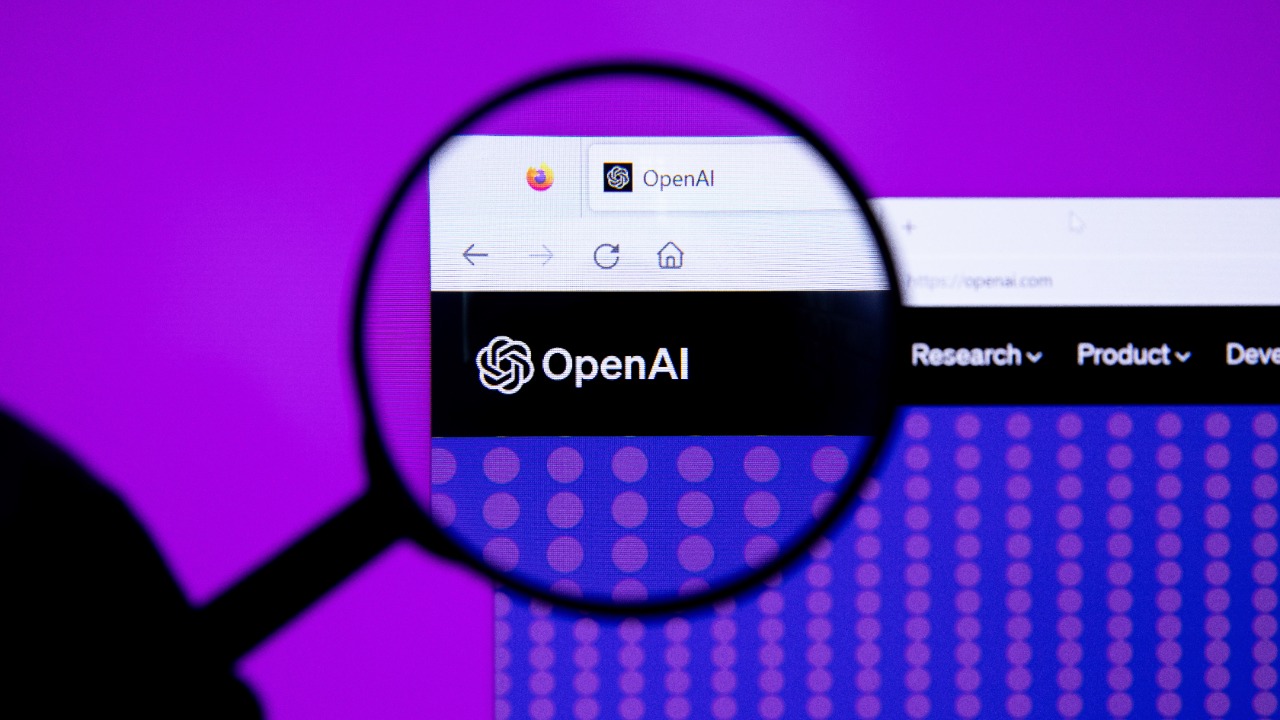
OpenAI’s Atlas browser, a cutting-edge tool launched in 2023 with AI integration for enhanced web navigation, has been found susceptible to sophisticated spoof attacks. These attacks could potentially expose user data, according to cybersecurity firm Check Point Research. This vulnerability is not unique to Atlas, as similar threats have been identified in other popular browsers like Google’s Chrome and Microsoft’s Edge, with over 500 reported incidents in the past year.
OpenAI’s Atlas Browser Launch
OpenAI CEO Sam Altman announced the launch of Atlas on October 15, 2023, touting it as a next-generation browser with built-in AI safeguards. The browser offered innovative features such as real-time AI content verification and seamless integration with ChatGPT. These features were well-received, with the browser garnering 2 million downloads within the first month of its launch, according to App Annie data.
Early reviews of Atlas were overwhelmingly positive. TechCrunch, for instance, gave the browser a 4.5-star rating, praising its innovative prompt-based navigation system.
Discovery of Security Flaws in Atlas
However, a little over a month after its launch, Check Point Research identified a significant vulnerability in Atlas. The flaw allowed attackers to spoof AI inputs, bypassing Atlas’s verification layer and enabling phishing via fake OpenAI domains. Yaniv Balmas, a researcher at Check Point, noted that Atlas’s reliance on natural language processing creates a blind spot for adversarial prompts.
According to simulated attack tests detailed in the Check Point report, up to 30% of Atlas users could be at risk of credential theft due to this vulnerability.
How Spoof Attacks Exploit Atlas
The attack mechanism involves hackers using homograph domains, such as “opena1.com”, to mimic OpenAI’s interface. This tricks Atlas’s AI into approving malicious links. For instance, a test spoof attack redirected users to a fake login page, capturing user data in under 10 seconds.
This form of browser spoofing is detailed in the MITRE ATT&CK framework, which has been adapted to account for AI-driven tools like Atlas.
Broader Implications for AI-Integrated Browsers
The vulnerabilities in Atlas highlight a growing trend in AI-integrated browsers. Similar issues have been reported in other browsers, such as Anthropic’s Claude Web Assistant, which was launched in September 2023. According to the Verizon DBIR 2024 report, there has been a 15% rise in AI browser vulnerabilities since Q3 2023.
A survey revealed that 40% of early Atlas adopters expressed security concerns following the disclosure of these vulnerabilities, indicating a potential erosion of user trust.
Vulnerabilities in Competing Browsers
Other popular browsers have also been affected by spoof attacks. Google’s Chrome, for instance, was hit by a variant of the attack that exploited its Safe Browsing feature, with 200 incidents logged in 2024. Microsoft’s Edge had to release a patch in February 2024 to address AI prompt injection flaws that mirror the problems in Atlas.
Apple’s Safari was not immune either. In March 2024, it was revealed that the WebKit engine in iOS 17 faced spoof risks, potentially impacting 1.2 billion devices.
Expert Reactions to the Threats
Cybersecurity expert Bruce Schneier has expressed concern about the risks associated with AI browsers like Atlas. He noted that these browsers amplify traditional spoof risks by adding unpredictable response layers. OpenAI responded to these concerns, with a spokesperson stating on November 25, 2023, that patches were being deployed imminently.
The Electronic Frontier Foundation (EFF) has also weighed in on the issue, warning that unpatched flaws could lead to widespread data breaches.
Technical Breakdown of Spoof Attack Mechanics
The spoof attacks exploit a technique known as homographic spoofing, which uses Unicode characters to create lookalike URLs that evade Atlas’s domain checks. A proof-of-concept demo submitted to HackerOne on December 10, 2023, demonstrated this technique, earning the finder a $10,000 reward.
Attackers also evade AI filters by crafting prompts like “Verify this safe OpenAI link” to manipulate the AI’s response generation.
Mitigation Strategies and Patches
In response to these vulnerabilities, OpenAI rolled out enhanced prompt sanitization on January 15, 2024. According to an update from OpenAI, this reduced the success rate of spoof attacks by 85% in tests. Users are also advised to enable two-factor authentication and avoid clicking on unsolicited AI-generated links, as per CISA guidelines.
Other browsers have also introduced fixes. For example, Chrome introduced multi-layered domain validation in version 121, released on February 1, 2024.
Future Outlook for Browser Security
As AI adoption increases, so too do the threats. A Gartner report predicts that 50% of browsers will integrate AI by 2025. In response to these growing threats, there have been calls for industry standards, with a proposed W3C working group initiated in March 2024.
Incident reports can be tracked via the CVE database, which has added 12 entries related to Atlas spoof attacks since the browser’s launch.
More from MorningOverview